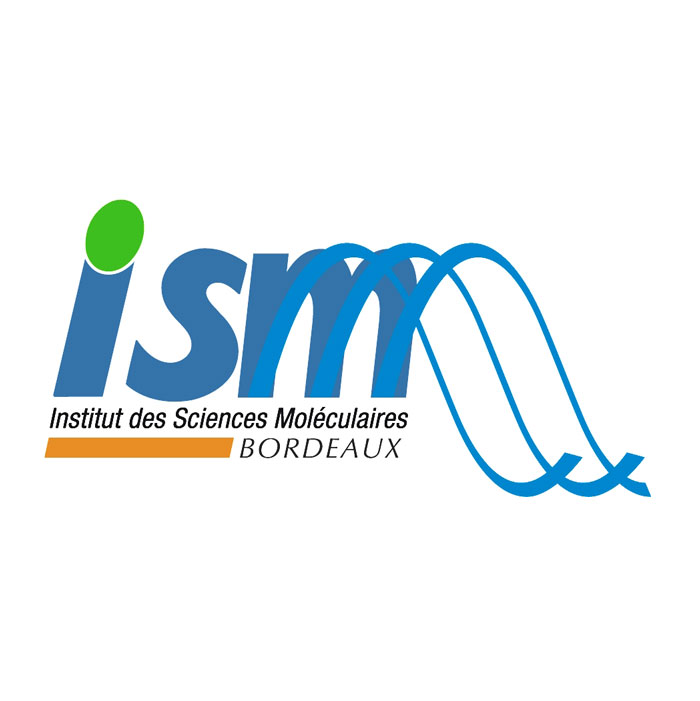This branch of our research activities started in the early 2000s soon after we installed our laboratory at the University of Bordeaux and has primarily grown out of our passion for wines in which many bioactive grape- and oak-derived polyphenols are present.
Since our initial work on the hemisynthesis of complex found-in-wine flavano-ellagitannins and the evaluation of their inhibitory action against human DNA topoisomerase II, this research avenue has today evolved into a full transdisciplinary program with multiple facets from investigations on the chemical structure, reactivity and synthesis of diverse plant polyphenols to the elucidation of the pathways of their biosynthesis and modes of biological activities. To these latter aims, the design and synthesis of polyphenol-equipped molecular probes for biophysicochemical analyses of polyphenol-protein(s) interactions are at the forefront of our ongoing investigations…
A few words about the anti-actin polyphenolic vescalagin…
The C-glucosidic ellagitannin vescalagin is a plant polyphenolic specialized metabolite readily available from fagaceous tree species such as oaks. In collaboration with Elisabeth Génot (INSERM), we showed that vescalagin fulfills all requirements for use as an anti-actin agent in cellular biological investigations.
Despite its high hydrophilicity, vescalagin rapidly enters cells and disturbs the organization of the actin cytoskeleton in a dose-dependent reversible manner by binding fibrillar actin and forcing the actin filaments to wind themselves into ball-like fibrillar aggregates (see Angew. Chem. Int. Ed. 2011, 50, 5099-5104). Moreover, vescalagin and its congener vescalin exhibit anti-osteoclastic effects, hence revealing the potential of targeting actin dynamics as a new therapeutic opportunity for the local treatment of osteoporosis (see Eur. J. Cell Biol. 2018, 97, 533-545).











